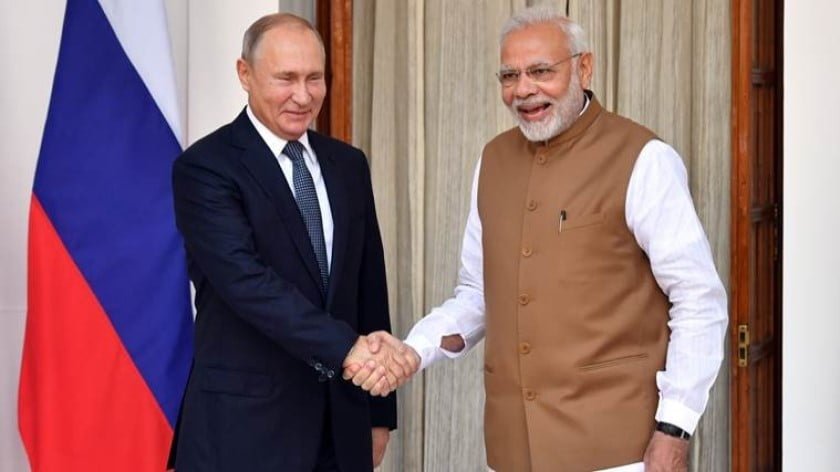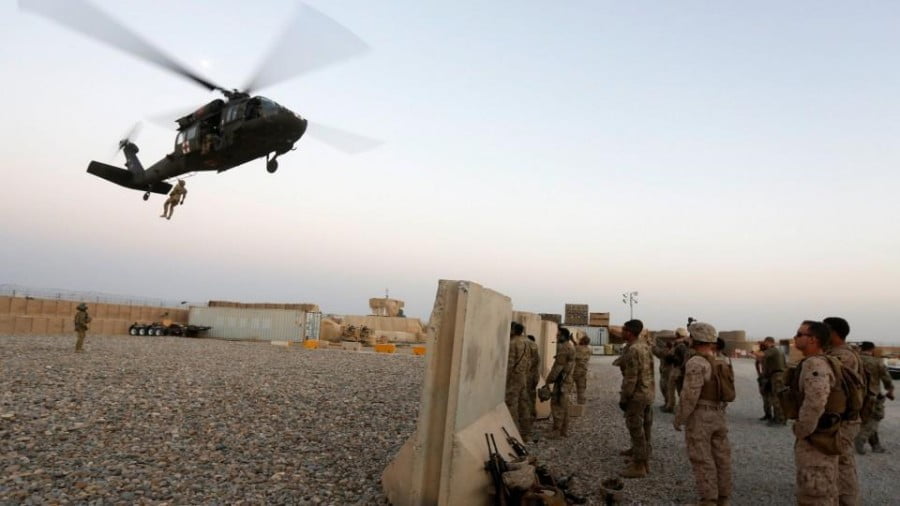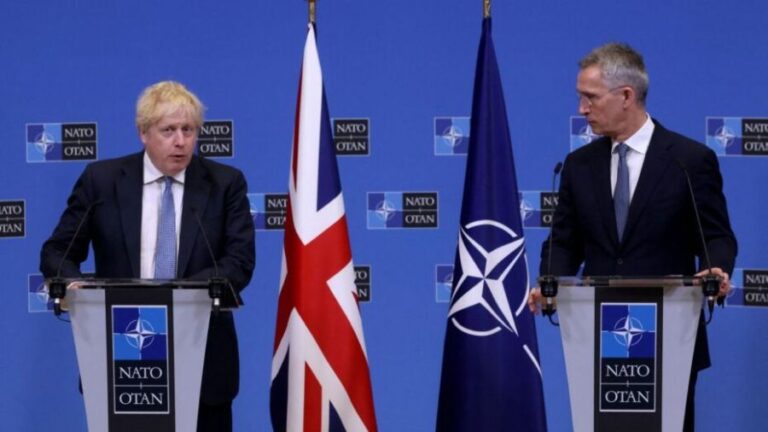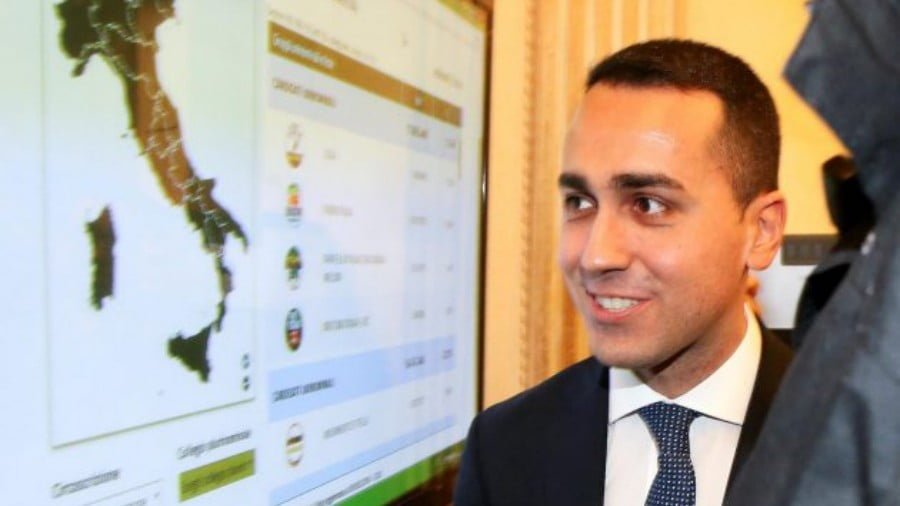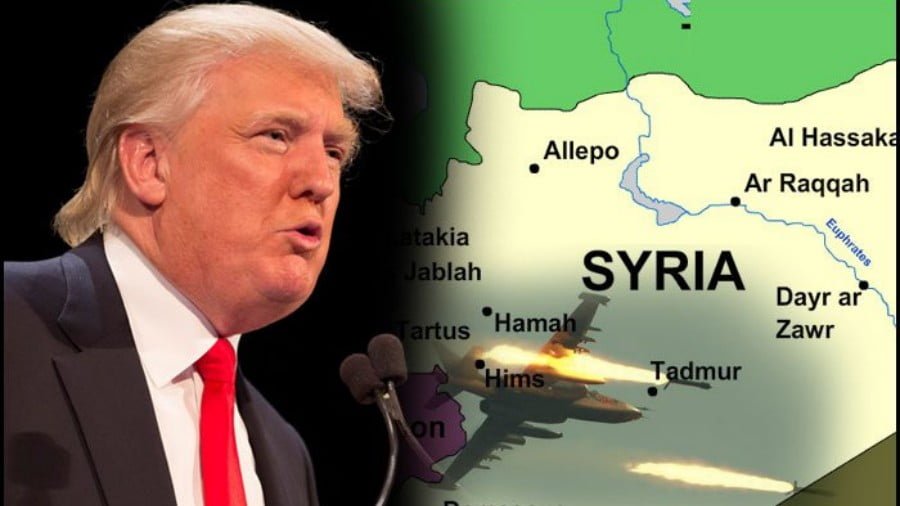Will Russian Businesses Invest In Indian-Occupied Kashmir?
India is planning to host an international investors summit in occupied Kashmir later this year that might realistically attract the attention of Russian businessmen given the comprehensive revival of relations between these two Great Powers as of late, but any stakes that Moscow establishes in this disputed region would make it an indirect party to the conflict and risk intensifying the developing “security dilemma” between it and Beijing.
The International Investors Summit
India plans to follow up its “Israeli”-like unilateral moves in Kashmir earlier this month with an international investors summit there later this year that aims to make as many countries as possible indirect parties to the conflict on its side through their possible promises of investment there. The comprehensive revival of relations between India and Russia makes it entirely conceivable that the latter’s businessmen might end up attending this event alongside participants from their shared “Israeli” and Gulf partners especially, et al. Any stakes that Moscow establishes in this disputed region, however, would risk intensifying the developing “security dilemma” between it and Beijing that’s become public ever since Russia openly contradicted China on Kashmir, the first time that these two Great Powers have had totally opposite positions on an international issue of significance since the end of the Old Cold War.
An Anti-Chinese Signal
It’s worth noting that Russian Ambassador to India Nikolai Kudashev articulated his country’s official position in a very powerful way by stating that its views are “exactly the same as India’s” because Moscow believes that Kashmir “is an internal matter”, which must be alarming from Beijing’s standpoint since New Delhi lays claim to Chinese-administered Aksai Chin and its Home Minister Amit Shah even thratened that people “can die” over it too. It can therefore be interpreted that Russia is tacitly supporting India not only in its Kashmir dispute with Pakistan, but in its one with China as well, though this is strictly political for the time being unless its businesses decide to invest in this disputed region later this year following the forthcoming summit. Contrary to the Western Mainstream Media’s weaponized stereotype, the state doesn’t exercise control over private businesses, so individual entrepreneurs might invest in the region even if state-backed ones do not.
From Financial Investments To Strategic “Balancing”
Nevertheless, since Russia shares “exactly the same” position as India does that the part of Kashmir under the latter’s control is an integral component of its territory and therefore a purely “internal matter”, there’s nothing stopping both private and state investors from exploring business opportunities in the region, not just for the simple sake of profit but also to take bilateral political ties to the next level by expanding Moscow’s strategic presence in South Asia. Instead of “balancing” between India and Pakistan like was previously thought to be the case prior to its decisive pivot towards New Delhi after the UNSC closed-door meeting on Kashmir, it increasingly appears as though Russia intends to “balance” between India and China instead, or rather, “balance” China in South Asia via India just as it’s poised to do with New Delhi in Northeast Asia and with possible Brahmos supersonic missile sales to Vietnam in Southeast Asia too.
Same Stakes, Different Context
There’s no doubt that China’s CPEC investments in Pakistan’s Gilgit-Baltistan and Azad Kashmir make Beijing just as much of an indirect party to any forthcoming conflict as Russia’s speculative future ones in Indian-Occupied Kashmir would make Moscow, which might lead the casual observer to conclude that this is just “tit-for-tat” “balancing” with China and Russia both getting more heavily invested in their preferred regional partners, though it’s the timing of Moscow’s move that might reveal ulterior motives given the aforementioned strategic context that was just described. In fact, just as China and Pakistan are “iron brothers”, so too are Russia and India “brothers”as well (bhai in Hindi, per the popular Soviet-era slogan of “Rusi-Hindi Bhai Bhai”/”Russians and Indians are brothers”), and any forthcoming investments in Indian-Occupied Kashmir following the upcoming investors summit might de-facto amount to a 21st-century version of the 1971 “Indo-Soviet Treaty of Peace, Friendship, and Cooperation” that preceded India’s attack on then-East Pakistan (nowadays Bangladesh).
Towards A Russian-Chinese Standoff Over Kashmir
Just like back then, if India feels confident enough that it has Russia in its back pocket for support when needed, it might carry through on the false flag scenario that Prime Minister Khan recently warned about and possibly provoke a war around October or November just like the Pakistani Railways Minister fears, which not coincidentally is around the same time as the investors summit is supposed to take place (originally in October but then it was just postponed until likely November). Should anything of the sort transpire, then Kashmir might evolve from an Indian-Pakistani standoff to a Russian-Chinese one given each Great Powers’ increasingly strategic stakes in their preferred South Asian partner. This dramatic possibility could be avoided, however, so long as Russia refrains from investing in Indian-Occupied Kashmir and drawing a de-facto line in the sand there in support of New Delhi, but that remains to be seen since Moscow is now more actively “balancing” Beijing than ever before and might be inclined to do this as part of a “New Detente” that it’s negotiating with the West.
By Andrew Korybko
Source: Eurasia Future

